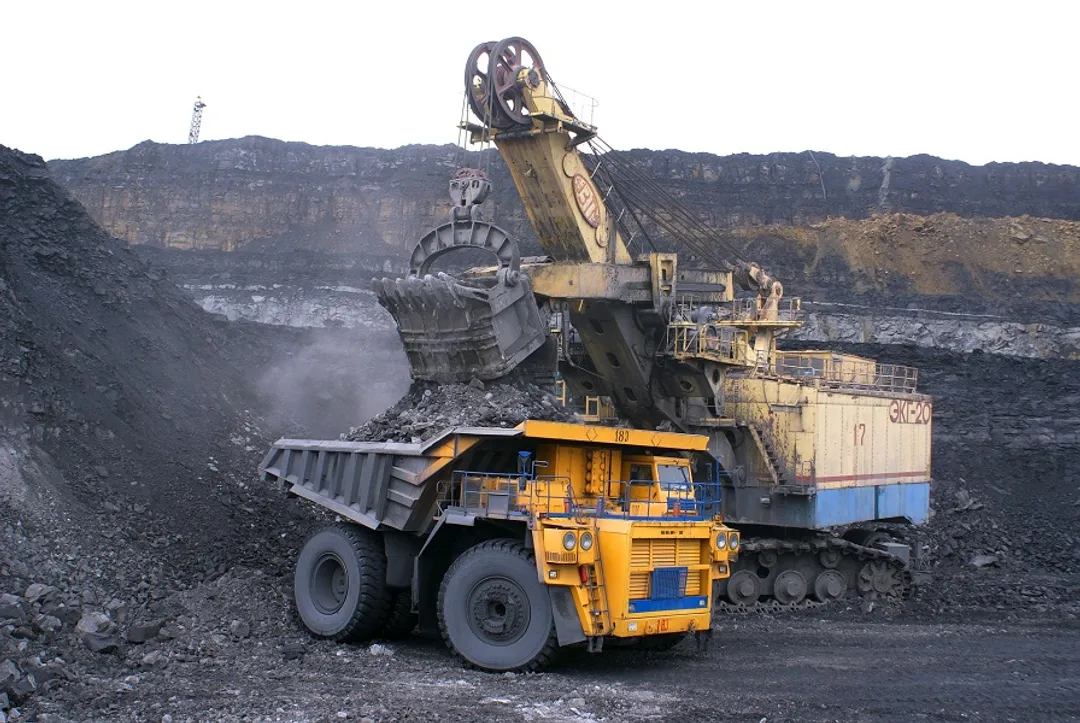In a groundbreaking move, Muhammadiyah, one of Indonesia's largest Islamic organizations, has announced plans to manage a former coal mining concession previously operated by PT Adaro Energy Tbk. This comes as part of a government initiative to allocate six ex-mining concessions to religious organizations, including Muhammadiyah and Nahdlatul Ulama.
The decision was confirmed by the Minister of Energy and Mineral Resources, Bahlil Lahadalia, who stated, “Muhammadiyah is now part of this initiative. It is positive to use the former Adaro concession.” This allocation aligns with the government's strategy to involve religious institutions in contributing to the nation's economic development.
Exploration and Feasibility Studies
Muhammadiyah plans to begin its mining operations by conducting thorough exploration. According to Syahrial Suandi, a representative from Muhammadiyah, the exploration phase will include geological and structural studies to determine the availability of coal resources. “Exploration is our first step, focusing on geological research and identifying resource viability,” he explained.
After the exploration phase, Muhammadiyah will proceed with economic and technological evaluations to assess the feasibility of mining activities. This process, known as techno-economics, will determine whether the concession can be operated efficiently and profitably.
Commitment to Environmental Responsibility
Environmental sustainability is at the core of Muhammadiyah's mining plans. The organization intends to conduct a comprehensive environmental impact analysis (AMDAL) to ensure that operations align with ecological standards. Furthermore, plans for reclamation, post-mining activities, and community development initiatives will be outlined in detailed documents.
“Reclamation, post-mining plans, and community empowerment programs (CSR) will be key aspects of our commitment to environmental and social responsibility,” Syahrial added. These initiatives aim to mitigate the environmental impact of mining and promote sustainable practices.
Challenges and Public Response
Despite its ambitious plans, Muhammadiyah faces challenges, including skepticism from within its own ranks. Some members have raised concerns about the potential environmental risks associated with coal mining. Critics argue that the organization must balance its economic goals with its moral and religious values.
Additionally, Muhammadiyah has yet to receive the official Mining Business License (IUP) from the government. The organization is currently reviewing the technical and infrastructural aspects of the project to ensure smooth operations once the license is granted.
Broader Implications
Muhammadiyah’s entry into the mining sector marks a significant shift in how religious organizations participate in Indonesia's economy. By taking over the former Adaro site, Muhammadiyah has the opportunity to set an example for sustainable and socially responsible mining practices.
This initiative also highlights the government’s effort to involve non-traditional players in the mining sector, potentially reshaping Indonesia’s approach to natural resource management. Whether Muhammadiyah can successfully balance economic ambitions with environmental and social responsibilities will be closely watched by stakeholders across the country.
Read More






 Thursday, 12-02-26
Thursday, 12-02-26







